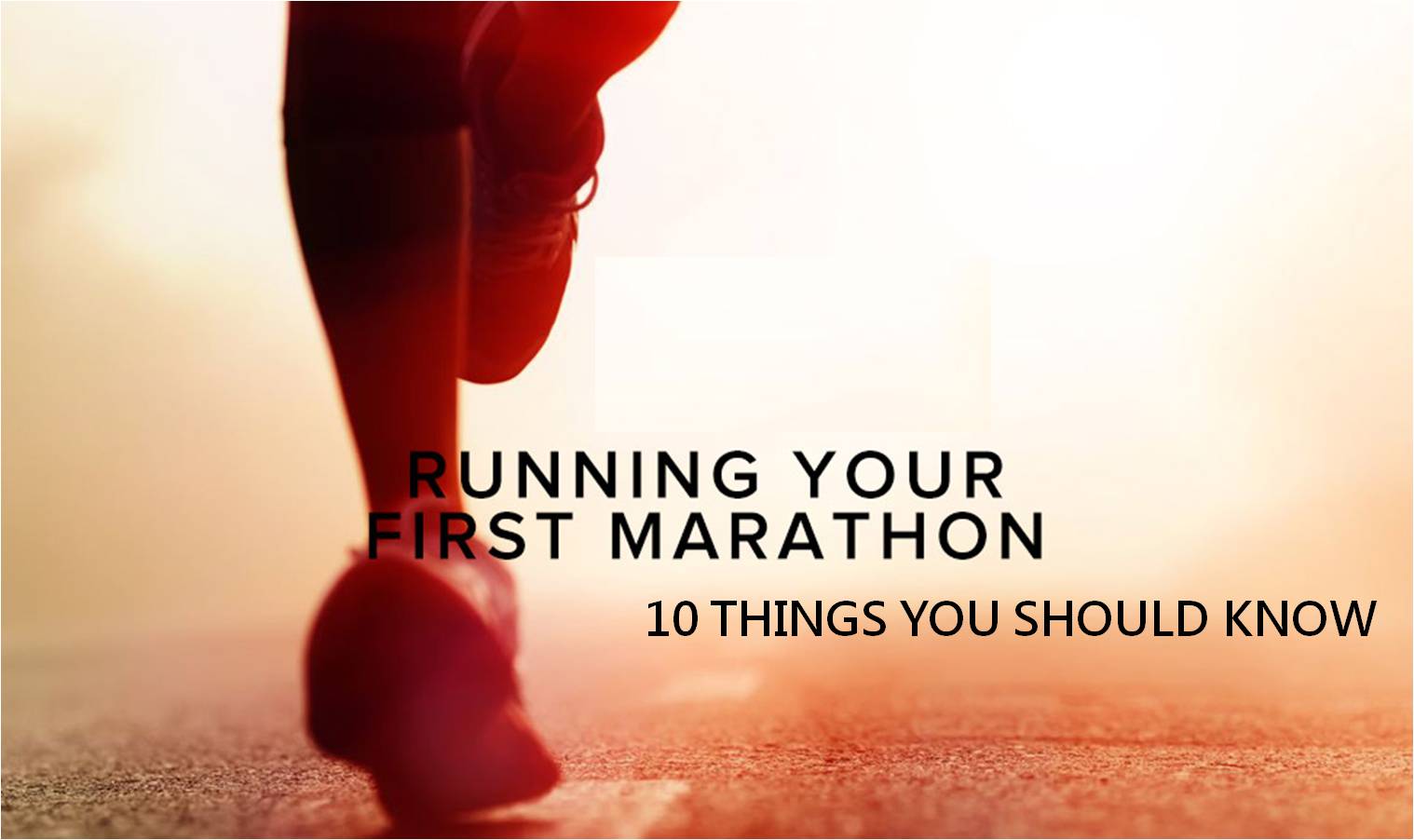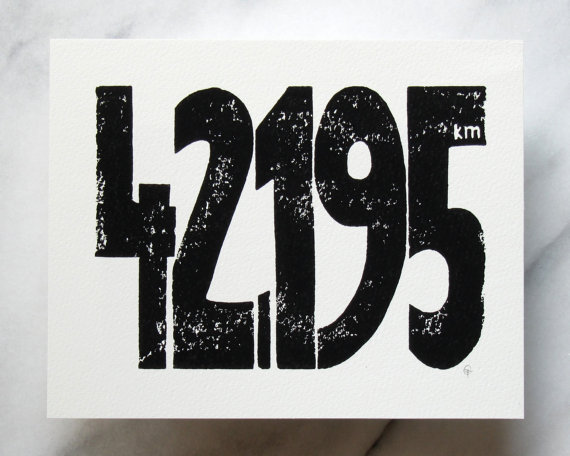Hydrating during runs and races
Disclaimer: I am in a dilemma whether to have a funny tone to this post or a serious one but I will let it flow naturally and my fickle mindedness will ensure the humour. This article is totally based on personal experience and not at all prescriptive. I am not an expert, just a serious runner who thinks he is smart (smarter than you of course, that’s why I wrote this and you are reading it).
Why is it such an important point of discussion? Dude (Dudess, with all due respect to women), 70% of your body is water and while running one sweats (normal people do), super women and super heroes do not sweat or need internet so please log off.
Most experienced endurance athletes give a lot of weight-age to right hydration and nutrition. I will dedicate this article to hydration.
One keeps perspiring during a physical activity and this rate increases with the increase in body temperature due to activity. The rate of perspiration varies with the ambient temperature and the weather conditions. Thus during heavy physical activities or during endurance runs, rate of perspiring is manifold thus depriving body of water, salts and other important electrolytes.
During my practice runs, I hydrate at regular intervals of 15 minutes. I usually run in a loop with a bottle parked at a spot hence it is easy for me to take a sip every 15 minutes. Emphasis here is on regular intervals so that your body is not deprived of necessary fluids and one gets used to that rhythm and irrespective of cold or hot weather one drinks.( Use technology and have reminders in your GPS watches or phone to remind you to drink at regular intervals. I use Ironman triathalon GPS watch and it has that functionality)
If running out on the road, use hydration belts or carry a small 200 ml bottle. This habit helps you during races where all big races have ample water stations and you are not deprived of the fluids or get carried away due to peer pressure and keep running without hydrating. Hydration belts help you save time during races enabling one to avoid over crowded water stations.(if you are a serious athlete or a show off)
Running without water for long duration leads to cramps, side stitches and many other complications including heat strokes and deaths in extreme cases. During excessive hot weather, pour water over your head to keep body temperature under check. Don’t pour too much water else you might drown (if you are not smart enough).
Another important aspect of hydrating is to get the body salts back on track. Just sipping water does not help. One has to get the electrolytes balance back. Adding salt and sugar to water, sipping on energy drinks like Gatorade or licking salt with oranges are some of the common ways of getting your electrolytes back. Please remember it is as important as hydrating as electrolytes imbalance can lead to complications or even death in some cases (ok don’t quit running, it’s not that bad). There are many substitutes available now in form of tablets or gums or gels which do the job for you. Google them, don’t expect everything from this article. Also it is not as simple as it sounds, everybody has their own comfort zone so train accordingly and do not try anything new during races.
So now when one asks you to have one for the road, let it be a 200 ml water bottle.



You Said